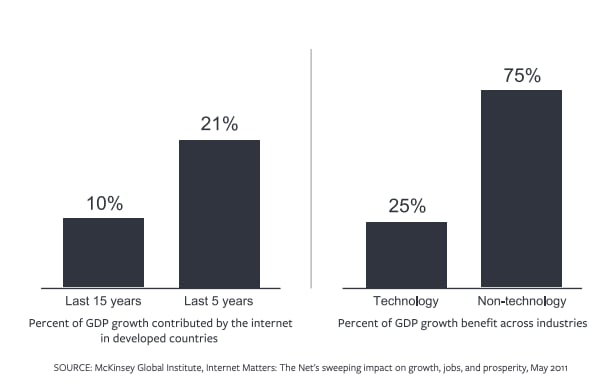Soumyadip ChoudhuryApr 28, 2020 16:55:36 IST
The world has evolved much (and lately also managed to lock itself up) in the last half-decade.
Five years ago, only 135 million Indians of around 330 million with access to the Internet were on Facebook. Today, around 310 million Indians are on Facebook and over 560 million Indians have access to the internet.
In 2015, net neutrality was the buzzword of the Indian internet. Facebook attempted to give more Indians access to a limited, low-data version of the internet through its Internet.org plan, which was rebranded as Free Basics. A plan that met with stiff opposition in India, as it was seen to be violating the principles of net neutrality.
The following year, 2016, was quite eventful in this regard. In the first quarter of 2016, the Telecom Regulatory Authority of India (TRAI) came down hard on Facebook’s plans and 1 Hacker Way was forced to withdraw Free Basics from India.
In the second half of 2016, another event, that would have anyway made Fast Basics redundant in India, took place – the public launch of Reliance Jio.
This launch rewrote the rules of the Indian internet and democratised internet access like no other service before. The number of mobile internet users in India had already overtaken desktop users by 2012, they had access to the speed and bandwidth approaching that of wired broadband.
Accessible data coupled with inexpensive smartphones led to a boom in India’s internet consumption, skyrocketing a ‘developing’ country right atop the list of the world’s highest data consuming nations.
While Jio grew, other internet services, including Facebook-owned Instagram and WhatsApp, also grew alongside in India. The Internet had started to become an essential part of the lives of Indians beyond the big cities and towns, and WhatsApp was where India talked, shared, discussed, and debated.
In 2020, when India is locked up because of the COVID-19 crisis, the country is still functioning and people are communicating with each other with ease, and without the worry that their data plans will get exhausted, and that is possible to a large extent because of that launch in late 2016.
Amidst this lockdown comes the news of Facebook’s biggest ever investment — $5.7 billion in Jio for a 9.99 percent stake. There is a lot of speculation about what this deal would translate to for both the companies and for the Indian consumer.
(Also read: Facebook buys 9.9% stake in Reliance Jio: Why it is a win-win deal for both; key highlights of $5.7 billion deal)
Rewind to 2013. Along with the launch of Internet.org, Facebook CEO Mark Zuckerberg released a whitepaper outlining his plans. However, a lot has changed since 2013. “In many countries, the cost of a data plan is vastly more expensive than the price of a smartphone,” wrote Zuckerberg. This is no longer true, at least in India. The premise of Internet.org/Free Basic was low data consumption. Jio has since rewritten that rule.
However, the core idea in Zuckerberg’s whitepaper was “connectivity as a human right”. That thought still holds for the world in 2020, and Facebook’s multi-billion dollar investment in Jio only adds more credence to that belief.
While Jio has paved the way for wide access to the internet in India, this alliance between Facebook and Jio will help make internet access more worthwhile, adding more meaning to an individual’s internet access by opening up many hitherto untapped avenues and opportunities.
Facebook’s reaffirmation will integrate Indian internet users more deeply with the global knowledge economy, which Zuckerberg had talked about in his 2013 whitepaper. This knowledge economy encourages prosperity.
We are already witnessing this post-Jio boom in India’s knowledge economy. This internet-fuelled prosperity will expedite the importance of the internet in the lives of Indians, further establishing it as a “human right.”
The Facebook-Jio deal not only brings two big companies from two powerful countries together, but it also empowers the Indian internet user to get more benefit out of his/her internet access.
The stated goal for Facebook-led Internet.org says “bringing internet access and the benefits of connectivity to the portion of the world that doesn’t have them.” Jio has achieved the goal of “bringing internet access” and this Facebook-Jio deal will help fulfil the other half — “benefits of connectivity.”
Disclaimer: Reliance Industries Ltd. is the sole beneficiary of Independent Media Trust which controls Network18 Media & Investments Ltd which publishes Firstpost
Find latest and upcoming tech gadgets online on Tech2 Gadgets. Get technology news, gadgets reviews & ratings. Popular gadgets including laptop, tablet and mobile specifications, features, prices, comparison.


Post a Comment